HP dreams big with ‘The Machine’
The next big thing or just vapourware?
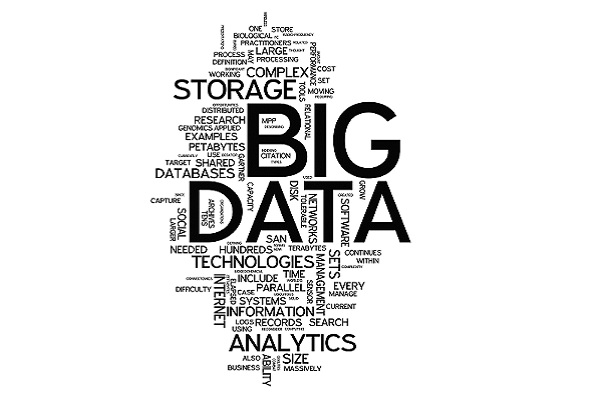
HP Labs revealed limited details about its main research project at its Discover event in Las Vegas this week.
Simply dubbed The Machine' - because it amalgamates the characteristics of PCs, workstations and servers into one fridge-sized design - this is the future. At least, this is what HP wants you to believe.
At its highest level, The Machine is aiming to solve the problems of exponential data growth. Today the public cloud uses as much energy as Japan, according to HP. As we continue to connect everyone and everything to the internet, data will increase exponentially and so will energy usage.
It all sounds bloomin' marvelous but is The Machine just a pipe dream?
HP is warning that existing infrastructure is unsustainable, and we'll get to the stage where we simply won't have the power to run it. Is The Machine the answer to all our big data-related problems?
Despite being in development for a mere 24 months, and not yet being part of HP's official roadmap, this hasn't stopped the firm outlining an ambitious vision.
Martin Fink, CTO and head of HP Labs, was on hand to generate buzz around the theoretical capabilities of The Machine.
"You could analyse one trillion CRM records in the blink of an eye. You could expand the bandwidth and storage of all your datacentres tenfold while slashing your energy consumption," he suggested.
Get the ITPro daily newsletter
Sign up today and you will receive a free copy of our Future Focus 2025 report - the leading guidance on AI, cybersecurity and other IT challenges as per 700+ senior executives
"Your doctor could compare your symptoms and genomics with every other patient around the world to improve your health outcomes, instantly, without language barriers or privacy breaches."
It all sounds bloomin' marvelous but is The Machine just a pipe dream or can the sleeping Silicon Valley giant emerge from its slumber to make it a reality?
To make it work, HP has the unenviable task of re-architecting the way in which most modern computers are used.
All computers work on the same basic principle and architecture. To initiate an application, the CPU copies the program from the hard drive to the faster but volatile RAM. The problem is that CPUs have continued to increase in speed whereas memory has not kept up the pace. This has caused a bottleneck in performance - which - unnoticeable on regular laptops - can be a problem when it comes to high-performance computing.
HP has long claimed its ace-in-the-hole is it's Memristor', a technology it has been promising to commercialise for the last decade.
Short for memory resistor, the Memristor is 100 atoms wide - which is around half a million times smaller than a human hair. and is able to store information using ions. Crucially, it can retain data even when power is disconnected. This makes it energy efficiency and capable of replacing Flash, DRAM and hard drives.
HP's first challenge is to commercialise the memory technology. Developing a cost effective, reliable Memristor, which has the huge storage capacity for high-performance computing (we're talking Terabits) is not going to happen overnight. This in itself is likely to swallow up another decade of research.
But it's not as simple as just creating a new piece of hardware and chucking it into existing systems.
"Developing The Machine not only means building the hardware, but we're also investing in developing the software that will support itthe data algorithms, the operating systems, the security platform and the tools required to manage millions of compute nodes from servers and datacentres to the smart sensors that will make up the internet of things," Fink acknowledged.
Despite HP CEO Meg Whitman giving Labs all the resources they need, it's going to be an uphill battle to commercialise The Machine.
Fink told BusinessWeek it could arrive as early as 2017 but this is beyond optimistic as HP has a habit of missing internal deadlines. If it can deliver anything commercial before the end of the decade, it would be miraculous.
Despite being the cornerstone of Silicon Valley, HP is visibly struggling. It lost out to Lenovo as the world's largest PC maker, has failed to make a dent in the mobile market and 50,000 jobs have fallen under the axe of Whitman since she took charge in 2011.
The belief radiating from HP Labs suggests there is mileage in this research, but this needs to be translated into a viable proposition.
HP needs The Machine to be more than vapourware. And the world will be a better place for it IF the firm can deliver.
-
 Should AI PCs be part of your next hardware refresh?
Should AI PCs be part of your next hardware refresh?AI PCs are fast becoming a business staple and a surefire way to future-proof your business
By Bobby Hellard
-
 Westcon-Comstor and Vectra AI launch brace of new channel initiatives
Westcon-Comstor and Vectra AI launch brace of new channel initiativesNews Westcon-Comstor and Vectra AI have announced the launch of two new channel growth initiatives focused on the managed security service provider (MSSP) space and AWS Marketplace.
By Daniel Todd
-
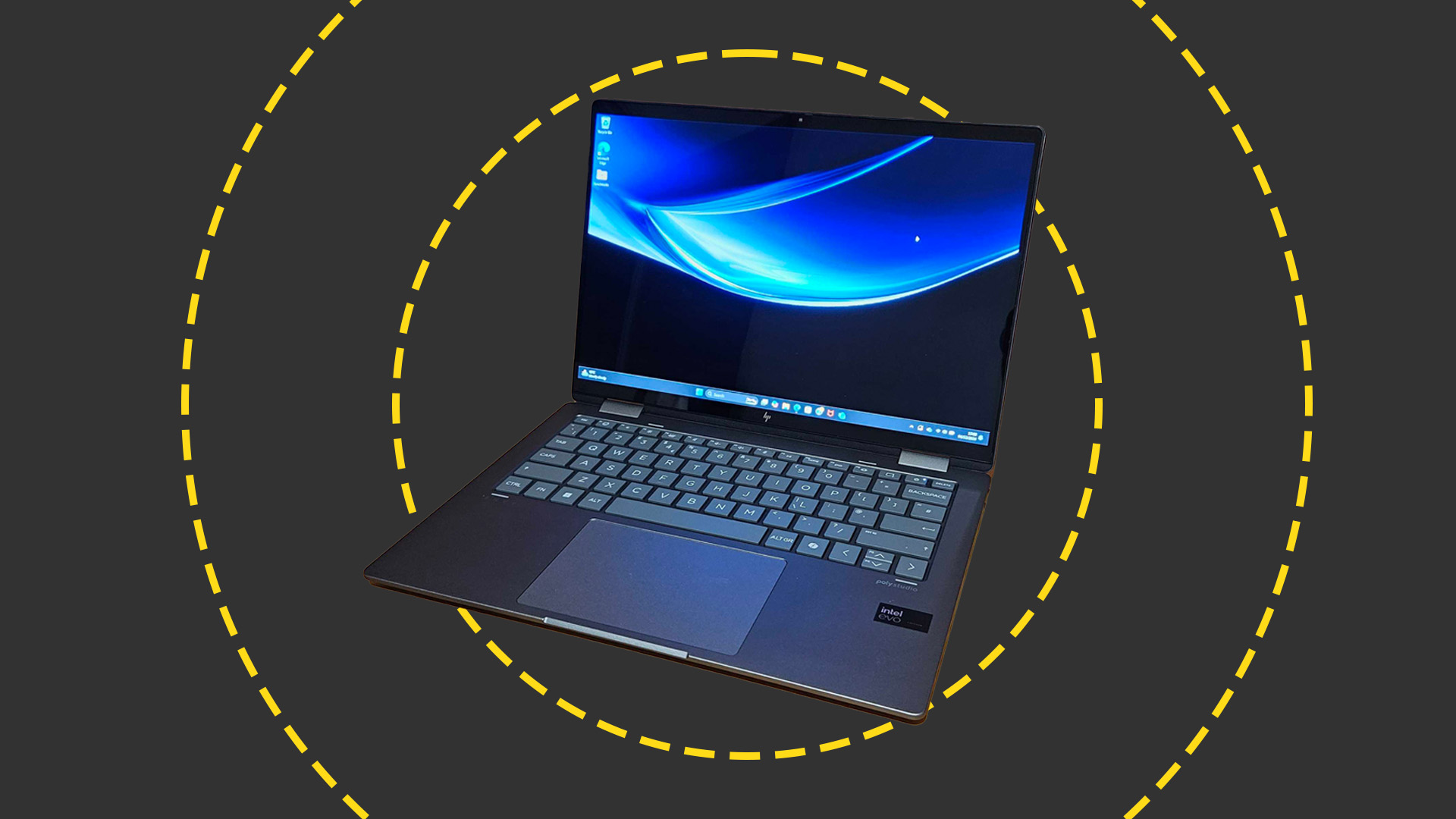 HP Envy x360 2-in-1 (14-FC0009NA) review: A cut-price AI PC for the enterprise
HP Envy x360 2-in-1 (14-FC0009NA) review: A cut-price AI PC for the enterpriseReviews The Intel-powered HP Envy x360 is a decent punt for its price point despite a few bugbears
By Keumars Afifi-Sabet
-
 Dell, HP post underwhelming returns as PC market remains in a state of flux
Dell, HP post underwhelming returns as PC market remains in a state of fluxNews Original equipment manufacturers (OEMs) are contending with an impending Windows 10 EOL and a burgeoning AI PC market
By George Fitzmaurice
-
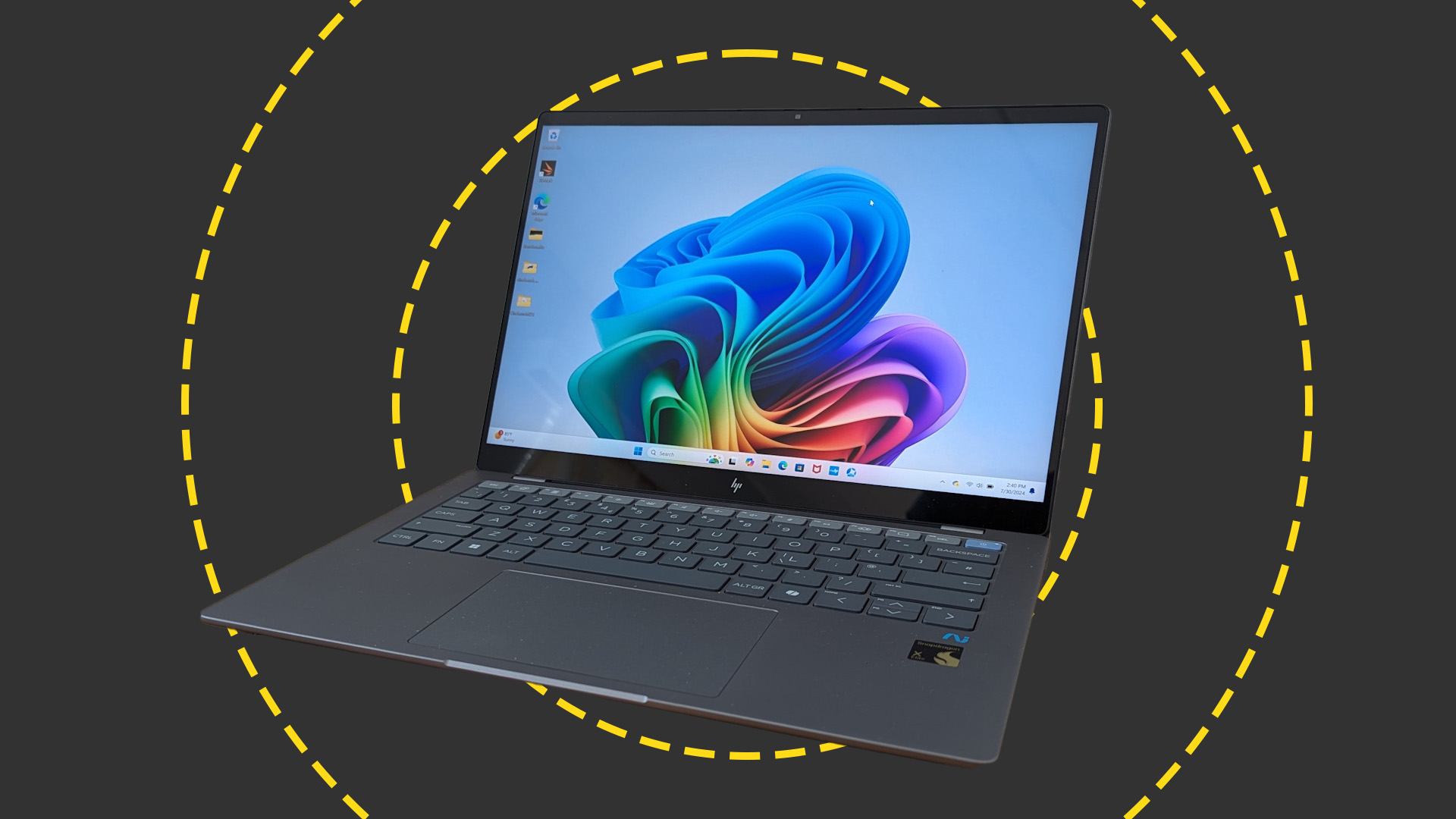
 HP OmniBook X 14 review: Incredible battery life meets Copilot+ AI
HP OmniBook X 14 review: Incredible battery life meets Copilot+ AIReviews Ignore the slightly underwhelming screen and you have a brilliant thin-and-light laptop with AI capabilities and superlative battery life
By Stuart Andrews
-
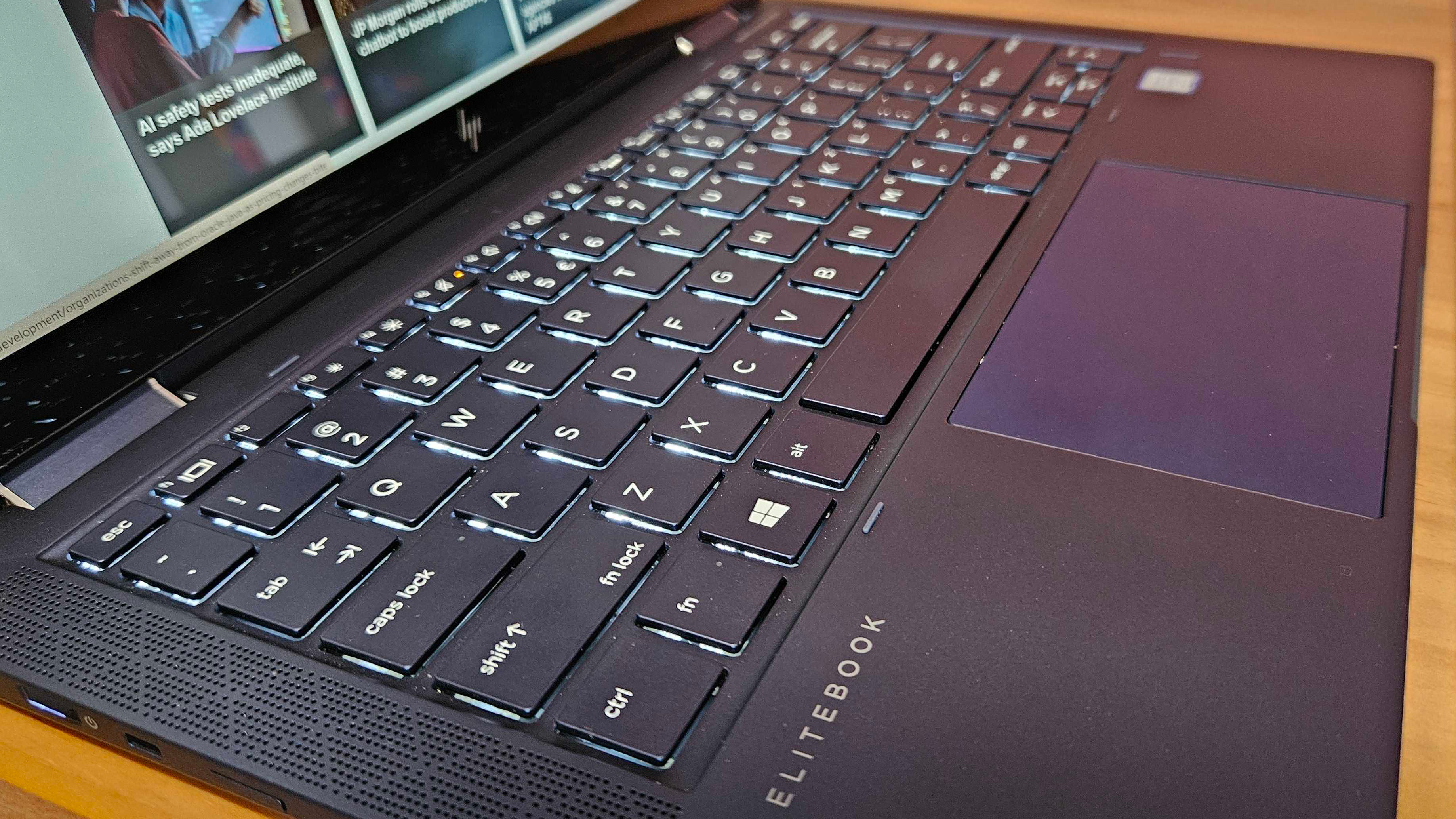 HP has scrapped its most compelling device as it aims for AI PCs — there is nothing like it left on the market
HP has scrapped its most compelling device as it aims for AI PCs — there is nothing like it left on the marketOpinion The HP Elite Dragonfly had everything you needed – a great battery, plenty of power, all the ports, and a fantastic display – until it was killed off
By Keumars Afifi-Sabet
-
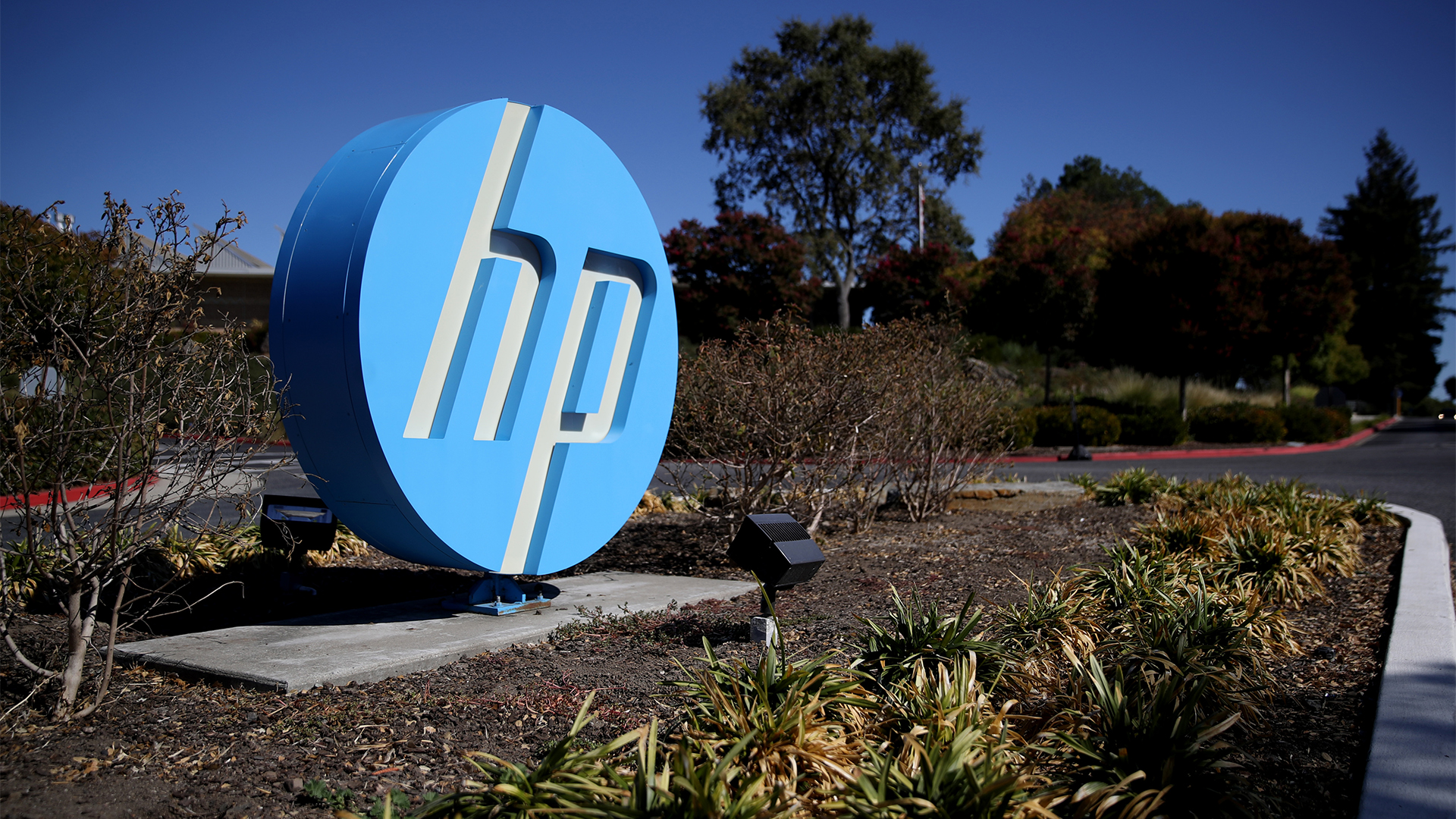 HP shows the AI PC ecosystem is starting to bear fruit — is it time for businesses to take note?
HP shows the AI PC ecosystem is starting to bear fruit — is it time for businesses to take note?Analysis The era of the AI PC may soon be upon us as software vendors start to realize the potential value of processing AI workloads locally
By Solomon Klappholz
-
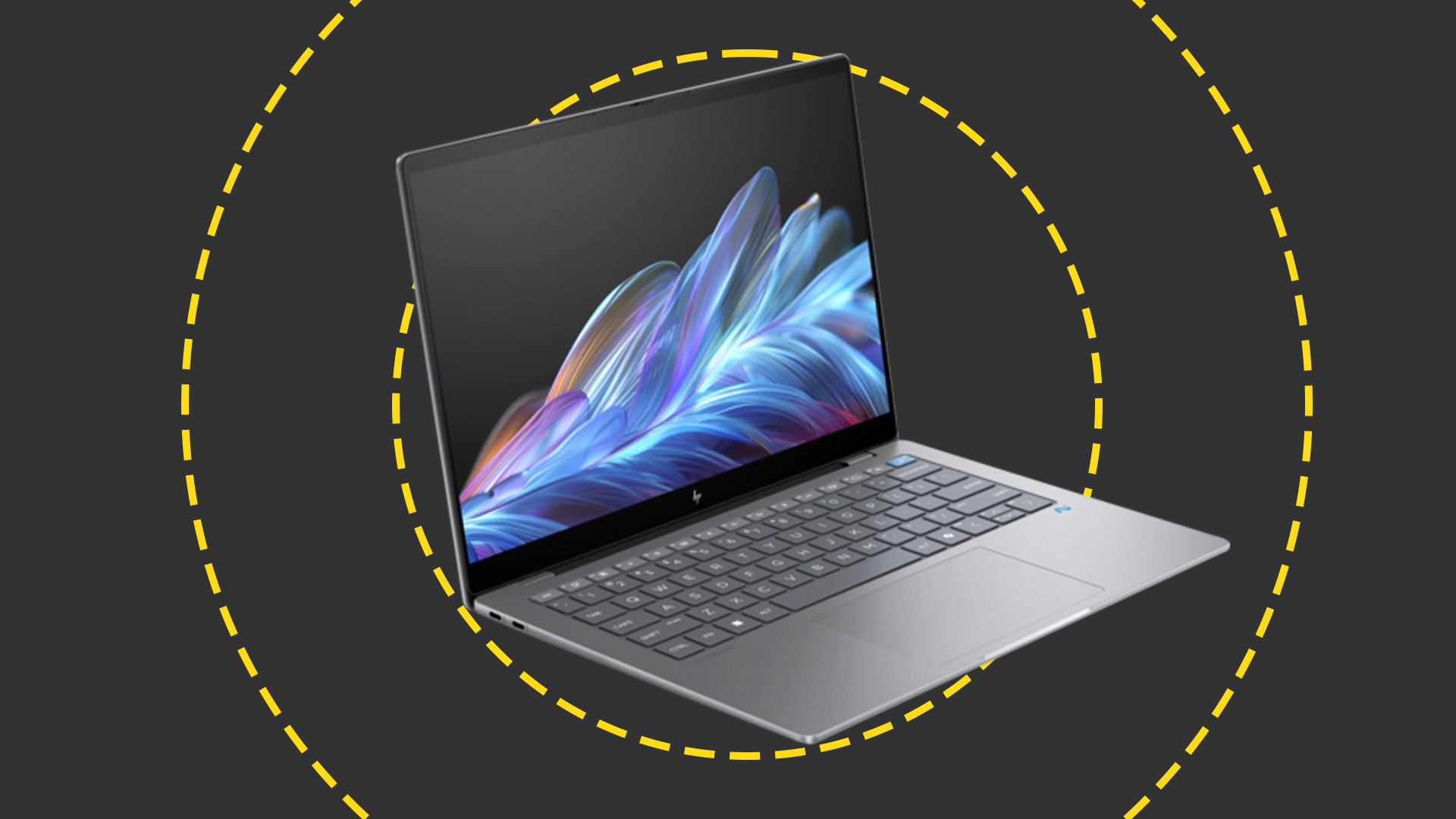 HP caps off its PC overhaul with the launch of the OmniBook Ultra 14 – its most powerful AI-powered laptop to date
HP caps off its PC overhaul with the launch of the OmniBook Ultra 14 – its most powerful AI-powered laptop to dateNews With the HP Dragonfly, Spectre, and Envy brands ditched in sweeping restructure of device portfolio, the OmniBook Ultra 14 marks the first major step into the era of the AI PC
By Solomon Klappholz
-
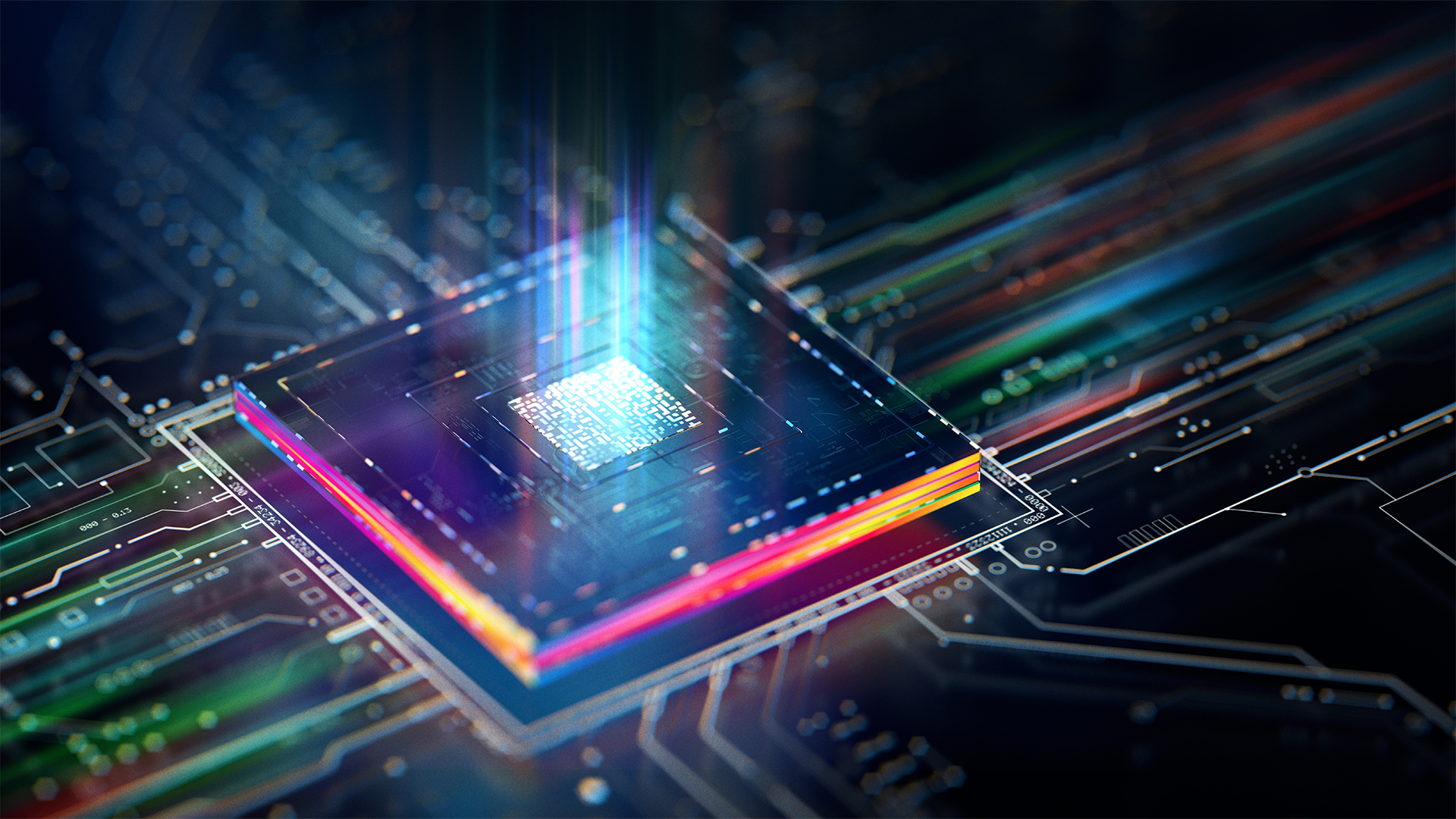 HP just launched the world’s first business PCs designed to protect firmware against quantum hacking
HP just launched the world’s first business PCs designed to protect firmware against quantum hackingNews HP is worried about quantum security risks, so it’s upgrading devices to contend with future threats
By Ross Kelly
-
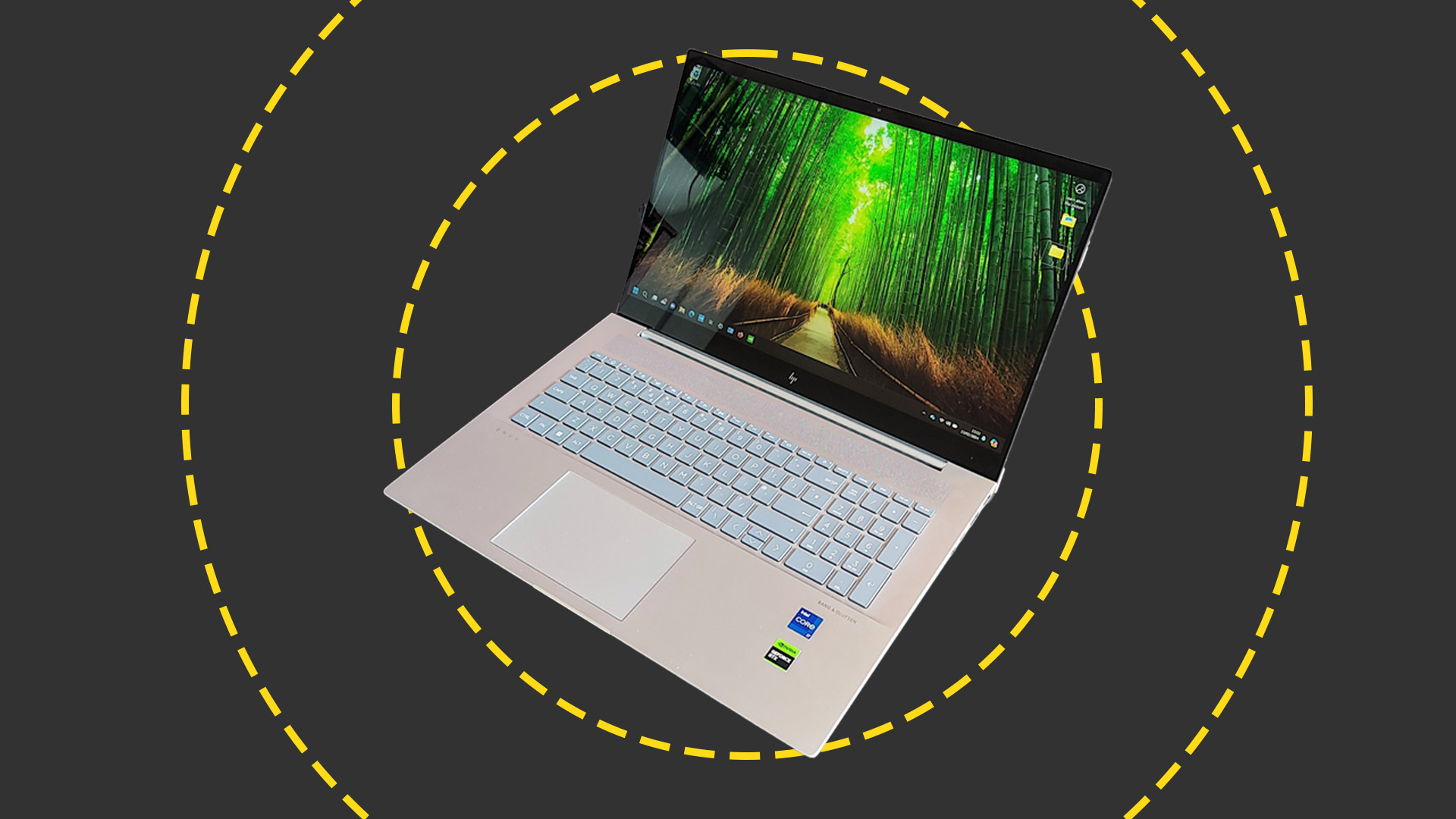 HP Envy 17 review: An affordable big-screen workstation replacement
HP Envy 17 review: An affordable big-screen workstation replacementReviews With the option of Nvidia graphics and a 4K display, the HP Envy 17 is a versatile yet affordable big-screen laptop
By Alun Taylor